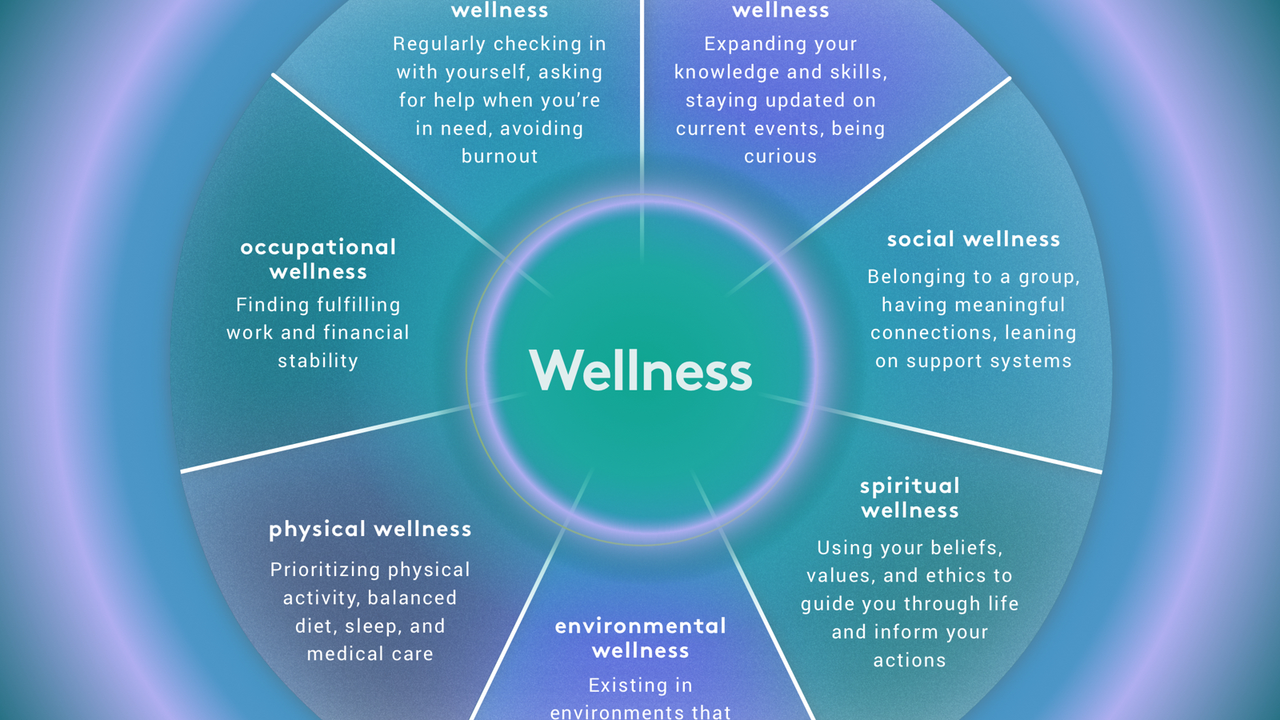Emotional wellbeing: simple steps you can use today
Feeling flat, anxious, or easily annoyed? Those are signs your emotional wellbeing needs attention, not labels. You don’t have to wait for a breakdown to act. Small, practical changes in daily life often give the biggest payoff. Below are clear, usable ideas you can try right now.
First, check in with yourself. Spend one minute asking: What am I feeling? Where in my body do I notice it? Naming a feeling — "tired," "frustrated," "lonely" — lowers its intensity and makes it easier to decide what to do next. Try this a couple times a day: morning, midday, evening.
Daily habits that actually help
Move a little. A 10-minute walk, some stretching, or even standing and breathing can shift your mood. Physical movement resets your nervous system and clears thinking. Sleep matters. Aim for consistent bed and wake times — poor sleep makes every emotion feel worse. Eat a little protein early in the day. Low blood sugar spikes anxiety and irritability.
Use short tools when you’re overwhelmed. Try box breathing: inhale 4 seconds, hold 4, exhale 4, hold 4 — repeat four times. Carry a concrete distraction list: call a friend, step outside, play a song that calms you. When social media drains you, set a 15-minute limit or mute people who trigger you. Practical limits beat vague promises like "I’ll cut back someday."
Build tiny wins. Make one small, doable plan each morning — drink water, write one sentence, reply to one message. Cross it off. That sense of completion lifts mood and builds momentum without pressure.
Relationships and when to reach out
Talk to someone who listens without fixing you. A quick honest line like, "I’m not okay today — can we chat for five minutes?" is better than pretending everything is fine. If you don’t have that person, a short message in a support group or a mental health helpline can help you feel less alone.
Know the red flags: thoughts of harming yourself, sudden withdrawal, or daily tasks becoming impossible are signs to seek professional help. Therapy doesn’t mean you failed; it’s a tool for learning patterns and practicing new responses.
Try a simple journaling practice: each night list one thing that went okay and one thing you learned. That shifts attention from perfection to progress. Mix this with one small kindness you did for someone else — helping others reliably boosts mood.
No single trick fixes everything. Treat your emotional wellbeing like basic maintenance: regular small actions prevent big breakdowns. Pick one habit from above and stick with it for a week. If it helps, keep it. If not, try another. You can build steady improvement without drama or big commitments.
Mental Health Support in Schools - Why emotional wellbeing should be a priority
Hey folks! Let's chew the fat on a topic that's really close to my heart - "Mental Health Support in Schools". Now, I don't know about you, but I think it's high time we put the spotlight on emotional wellbeing in schools, just like we do with other subjects. I mean, why should algebra get all the attention, right? Jokes aside, emotional health is a biggie and we need to make it a priority because it's the foundation for our kiddos' future, their resilience, and overall happiness. So, let's rally for more mental health support in schools, because happy kids make happy adults!

 Cricket
Cricket